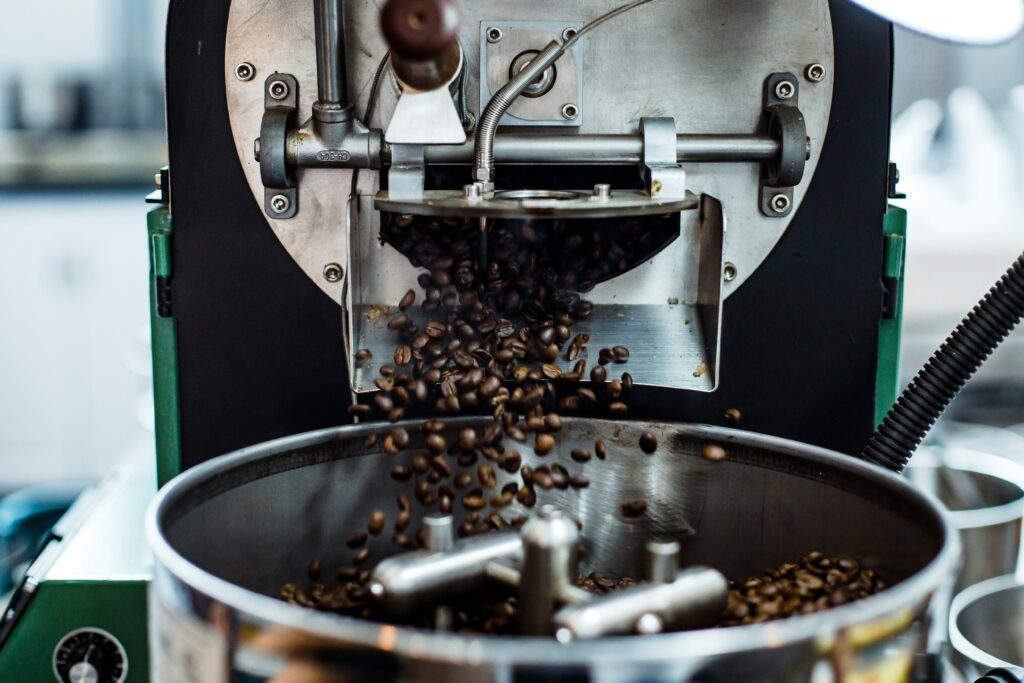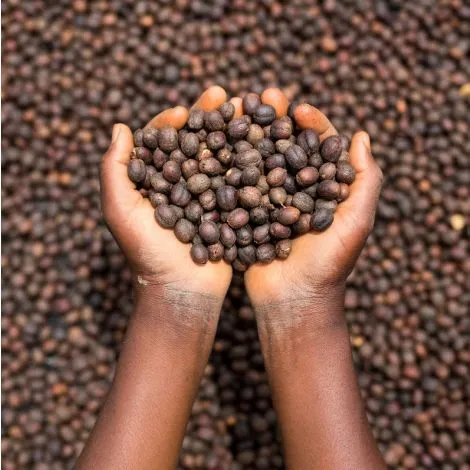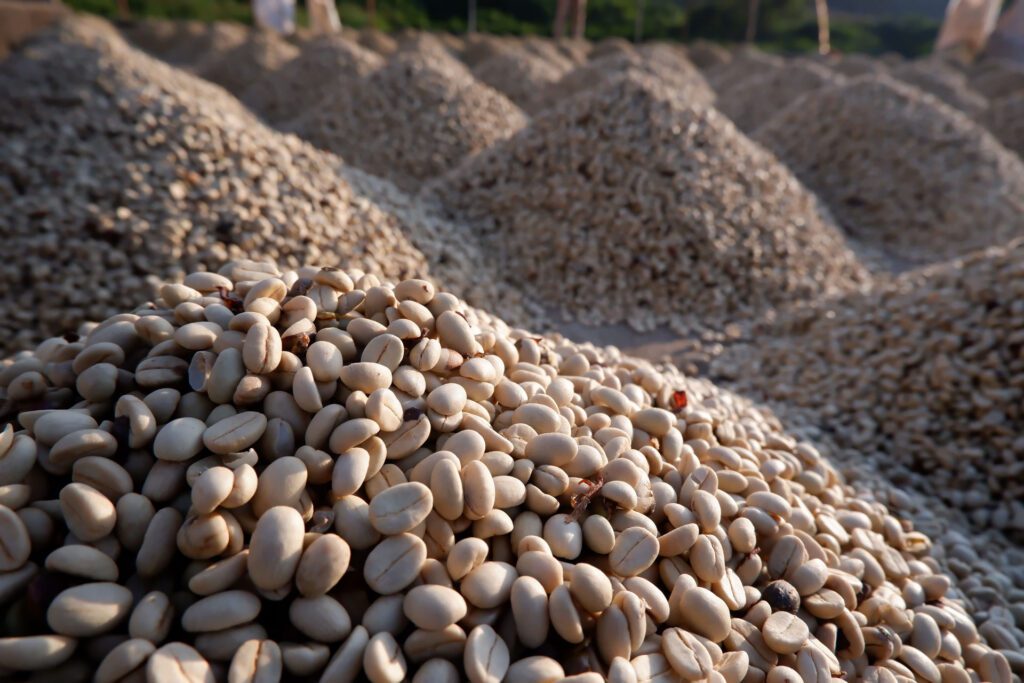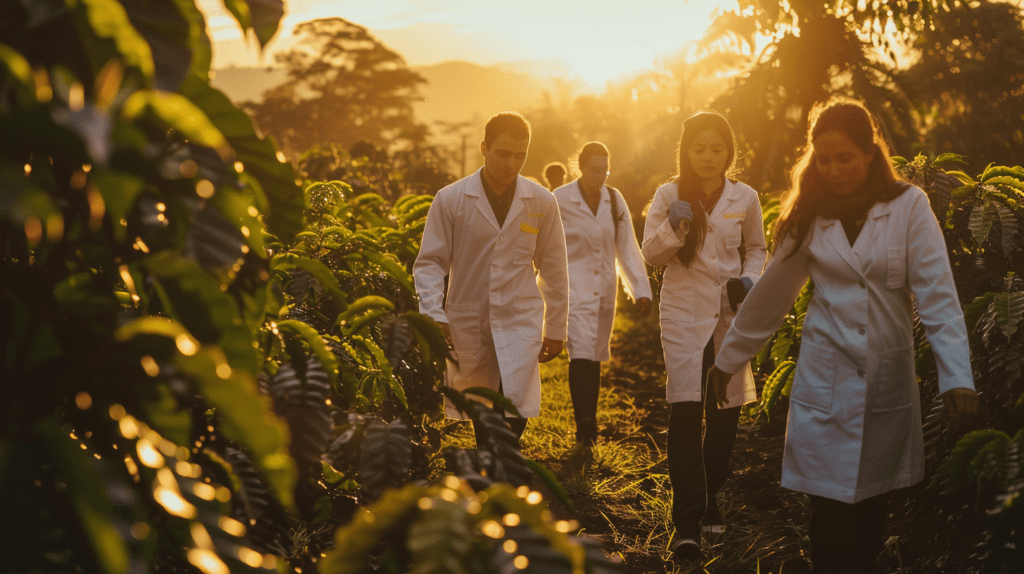Coffee is the world’s most widely traded tropical agricultural commodity, and the most consumed beverage after water.
Green coffee beans must be roasted before they are used in all forms of the coffee beverage. Controlling the roast time and temperature profile results in a range of roast levels from light to dark, greatly affecting the style, flavor, and aroma of the resulting coffee beverage.



Terminating the roasting process at just the right time allows the roaster (most often, a human operator) to achieve the desired darkness of the roast and its accompanying flavor profile, and hence is one of the key roast parameters. Several metrics can be monitored (time, color, aroma, bean volume, bean temperature), using process measurement instrumentation or by the person conducting the roast, to indicate the degree of roasting and ultimately to determine when to terminate the roast The roasting process can also be monitored by ear, by listening for events known collectively as “first crack” and “second crack” (described more completely below), which also signify the progression of the roast. Depending on the type of roasting machine, these sounds can usually be heard by the unaided ear and are perhaps the most important way to monitor the roast for small-batch and artisanal roasting,
If there is a way to determine the onset and extent of a roast phase that has less variance than current methods.
What you will do
During this thesis work you have the opportunity to work with a Food tech startup working to revolutionize the way we roast and consume coffee. Your work will be focused on the inner workings of the roasting machine.
The thesis work will be organized around the so-called roasting curve to detect different stages of the roasting by live sound detection. The end goal of the work is to develop one or more models and compare the performance of these models with a human detecting the sounds.
Investigate the state of the art research covering different types of signal processing, models, hardware including conventional signal processing and newer methods.
The next step is to implement and run the models in a real roasting environment and also be able to expose the results to the users through our cloud based platform.
The thesis will be concluded with the presentation for the Science Brewing team.
The skills you bring
A student in electrical engineering, computer science, machine learning or similar.
Background or experience with signal processing, C, ESP32 and similar is preferred.
Why us

We are a small but growing team with tons of experience from the tech industry and has come to revolutionize the biggest beverage industry in the world: coffee. We are located in Halmstad. We aim to reach millions of coffee drinkers world wide and what you discover and build will play an integral role in their experience.
If you want to gain some real-world experience with embedded systems, use the latest technology, and dip your toes into a very creative stratup, please apply!
send your application to hello@sciencebrewing.se

